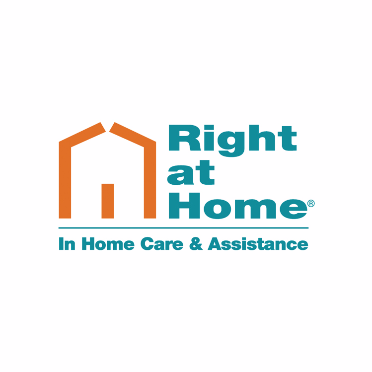Multi-Unit Franchisee Kari Janes Shares Her Journey to Business Ownership with Right at Home
After the trial-by-fire of starting her business during the COVID pandemic, Janes has not only endured but has successfully expanded her territories in Florida.
*This brand is a paid partner of 1851 Franchise. For more information on paid partnerships please click here.
MORE STORIES LIKE THIS
After a Tech Career Collapse and Personal Loss, Spartanburg Woman Opens Right at Home to Help Families Walking a Similar Path
Stepping Into North Jersey: Two Clinicians Take the Lead at Right at Home
Family-Owned Right at Home Expands Into Boston With Second Generation Joining the Business
Veterans Excel as Right at Home Franchisees: Here's Why

/story1/2726437/b8703e9687ffd6e724e79f5fa32213297170.jpg)

/story1/2730994/1765836721_2730994.png)
/story1/2730922/1764782058_2730922.png)
/story1/2730747/1762911856_2730747.png)
/story1/2730661/1761839523_2730661.png)